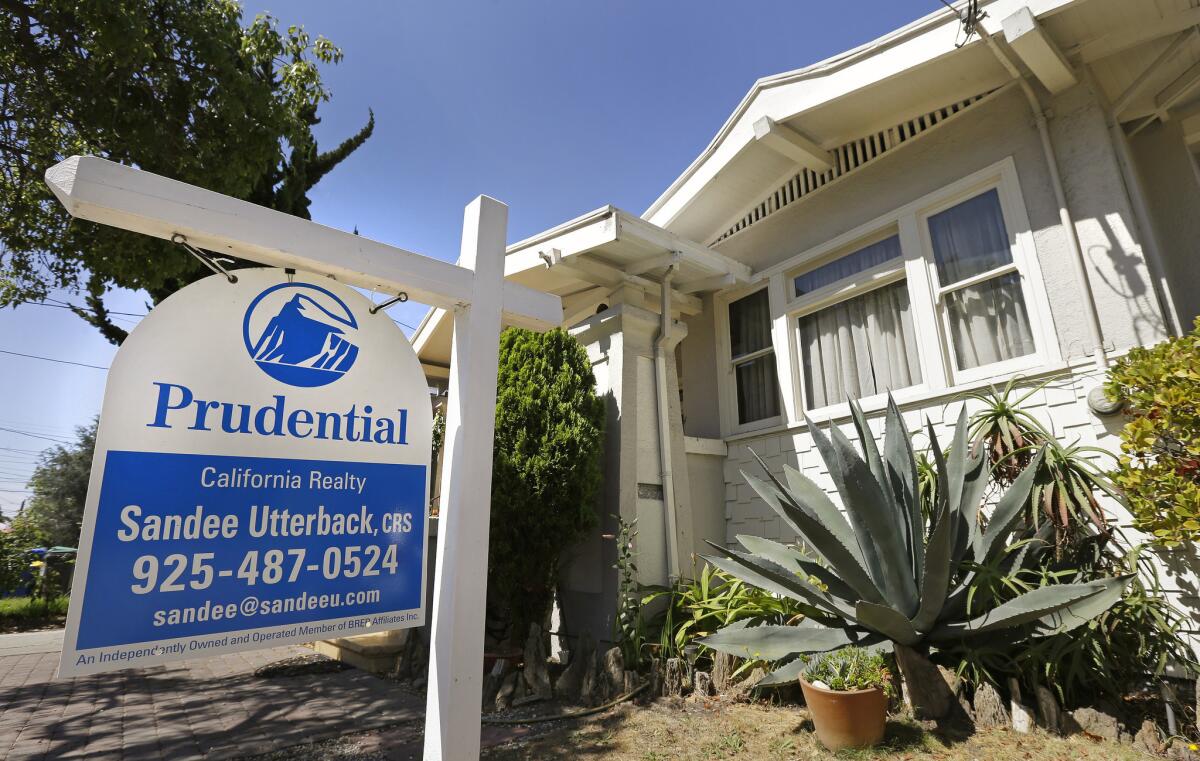Deploying a windfall wisely

Dear Liz: I recently received a $38,000 windfall. I have a student loan balance of $37,000. I want to buy a home, but I can’t decide if I should have a large down payment and continue paying down student loans slowly, or make a balloon payment on my student loans and put down a smaller amount on the home. The mortgage rate would be around 4% while the student loans are at 6.55%. The price of homes in my area is at least $250,000 for a two-bedroom house (which my income supports). I want to make a smart decision.
Answer: At first glance, the answer may seem obvious: Pay down the higher-rate debt. But a deeper look reveals that the second option may be the better course.
Student loan interest is deductible, so your effective interest rate on those loans may be less than 5%. If they’re federal student loans, they have all kinds of consumer protections as well. If you lose your job, for example, you have access to deferral and forbearance as well as income-sensitive repayment plans. In most cases, you don’t need to be in a rush to pay off this tax-advantaged, relatively low-rate debt.
A home purchase may be more time sensitive. Interest rates are already up from their recent lows and may go higher. If you can afford to buy a home and plan to stay put for several years, then you probably shouldn’t delay.
A 10% down payment should be sufficient to get a good loan. You’ll have to pay private mortgage insurance, since you can’t put 20% down, but PMI typically drops off after you’ve built enough equity. You usually can request that PMI be dropped once you’ve paid the mortgage down to 80% of the home’s original value. At 78%, the lender may be required to remove PMI. (Note that these rules apply to conventional mortgages and don’t apply to the mortgage insurance that comes with FHA loans.)
You can use the remaining cash to pay down your student loans, but do so only if you already have a healthy emergency fund. It’s smart to set aside at least 1% of the value of your home each year to cover repairs and maintenance, plus you’ll want at least three months’ worth of mortgage payments in the bank. Even better would be enough cash to cover all your expenses for three months.
Getting cash to pay medical bills
Dear Liz: I am 63 and retired from my full-time job last year since I have bad health. I work part time now and have tons of medical bills because of stage one cancer. I need additional cash. Is there some way I can get an advance using my pension check as collateral? In addition, is there any way to get an advance from those insurance people who pay people who may die in less than five years? I can’t say when I’m going to kick the bucket but any suggestions you may have that will allow me to get some immediate financial assistance will be greatly appreciated.
Answer: Let’s reinforce what you just said: You don’t know when you’re going to die. A stage one cancer diagnosis is far from an immediate death sentence. You could live for decades, so the mistakes you make now could haunt you for a long time.
Yes, there are some companies that will give you a lump sum in exchange for the next five to 10 years of your pension payments. You should avoid them like the plague. The effective interest rates they charge can be astronomical and you’ll probably be much worse off. If you’re having a hard time making ends meet now, losing a source of income won’t help.
Even if you were going to die soon, no one would hand you money just because of that fact. Those “insurance people” are actually investors who buy cash-value life insurance policies, often from the terminally ill. If you had such a policy, you might be able to sell it for an amount somewhere between the surrender value (what you’d get from the insurer by cashing it in now) and the face value (the dollar amount for which you’re insured). These transactions are called life insurance settlements. If you did have such a policy, though, you probably would be better off just borrowing the amount you need from its cash value.
Consider consulting an experienced bankruptcy attorney if you have more bills than you can pay. Medical bills, along with credit card balances and other consumer debt, can be erased in a Chapter 7 bankruptcy filing. Once the debt is gone, you can start rebuilding your finances for what may be a longer life than you expect.
Liz Weston, certified financial planner, is a personal finance columnist for NerdWallet. Questions may be sent to her at 3940 Laurel Canyon, No. 238, Studio City, CA 91604, or by using the “Contact” form at asklizweston.com. Distributed by No More Red Inc.






